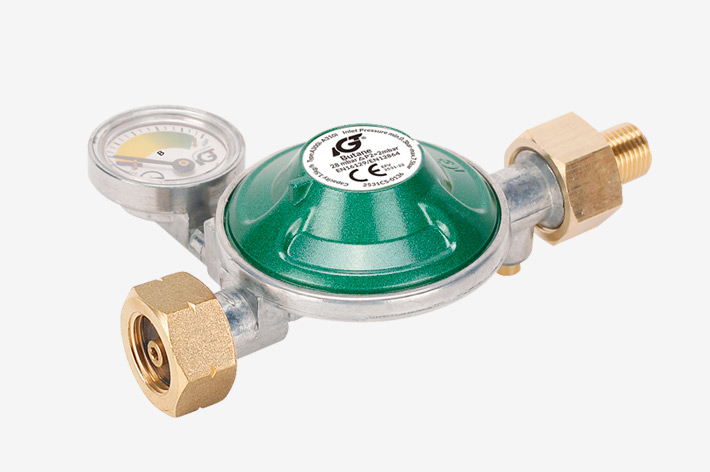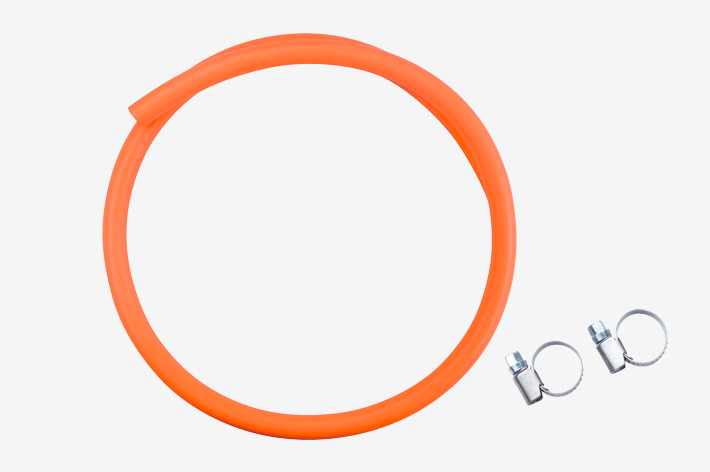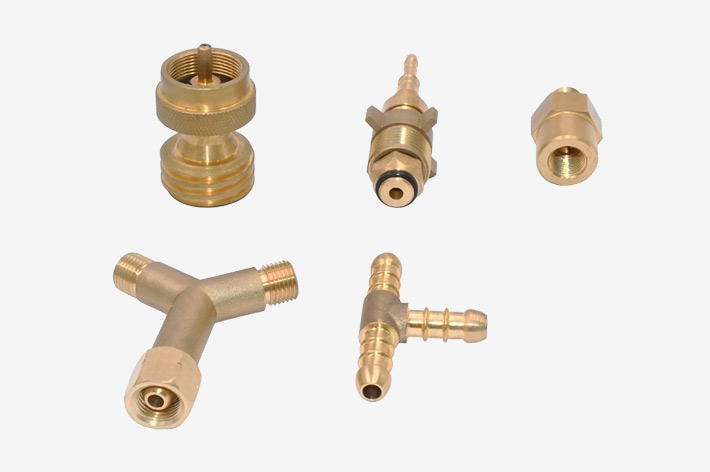When it comes to transporting gases safely and efficiently, the choice of the right gas hose material is crucial. Among the popular options available, PVC (Polyvinyl Chloride) and rubber gas hoses are two common contenders. Both materials have their own unique set of advantages and applications, making it essential for users to understand their differences and make an informed decision. In this blog, we will delve into the features, benefits, and ideal applications of PVC gas hoses and rubber gas hoses.
PVC Gas Hose: Features and Advantages
Polyvinyl Chloride, or PVC, is a widely used synthetic plastic polymer known for its versatility and cost-effectiveness. PVC gas hose is designed to transport a variety of gases while maintaining their structural integrity. Here are some of the advantages of PVC gas hoses:
Affordability: PVC gas hoses are relatively more affordable than rubber hoses, making them a popular choice for applications where budget constraints are a concern.
Lightweight: PVC is a lightweight material, making PVC gas hoses easy to handle and install. This characteristic is especially beneficial in scenarios where frequent hose movement is required.
Corrosion Resistance: PVC gas hoses exhibit excellent resistance to corrosion from gases, moisture, and chemicals, ensuring longevity and durability in various environments.
Smooth Interior: PVC hoses generally have a smooth interior surface, which minimizes gas flow restriction and pressure loss.
Versatility: PVC gas hoses can be designed for specific applications, such as conveying natural gas, propane, or other industrial gases. They are commonly used in applications like gas grills, residential appliances, and industrial processes.
Rubber Gas Hose: Features and Advantages
Rubber gas hose pipe is made from natural or synthetic rubber materials and are renowned for their exceptional flexibility and resilience. Here are some advantages of rubber gas hoses:
Flexibility: Rubber gas hoses are incredibly flexible, allowing for easy bending and maneuvering. This flexibility is particularly advantageous in situations where the hose needs to navigate around obstacles or tight spaces.
High Temperature Resistance: Rubber hoses can handle a wide range of temperatures, making them suitable for both hot and cold gas applications. This characteristic is especially important in industries such as welding, where extreme heat resistance is essential.
Durability: Rubber hoses are known for their durability and resistance to wear and tear, making them suitable for heavy-duty applications and industries that require consistent and reliable performance.
Abrasion Resistance: Rubber hoses typically have a higher level of abrasion resistance compared to PVC hoses. This is particularly useful in scenarios where the hose may come into contact with rough surfaces or sharp edges.
Versatility: Rubber gas hoses find applications in various industries, including welding, automotive, construction, and industrial manufacturing.
Applications of PVC and Rubber Gas Hoses
PVC gas hoses are best suited for applications where affordability, corrosion resistance, and general-purpose gas transport are key factors. These hoses are commonly found in residential gas appliances like stoves, heaters, and grills, as well as in industrial settings for conveying various gases.
Rubber flexible gas hose excel in applications where flexibility, durability, and temperature resistance are paramount. They are often used in industries such as welding, where the hose must withstand high temperatures, and in heavy-duty environments where abrasion resistance is essential.
In the choice between PVC gas hoses and rubber gas hoses, the decision should be based on the specific requirements of the intended application. PVC hoses offer affordability and corrosion resistance, while rubber hoses provide flexibility, durability, and high-temperature resistance. Understanding the advantages and applications of each material will enable users to make the right choice for their gas transportation needs, ensuring safety, efficiency, and reliability in various scenarios.

 中文
中文 






